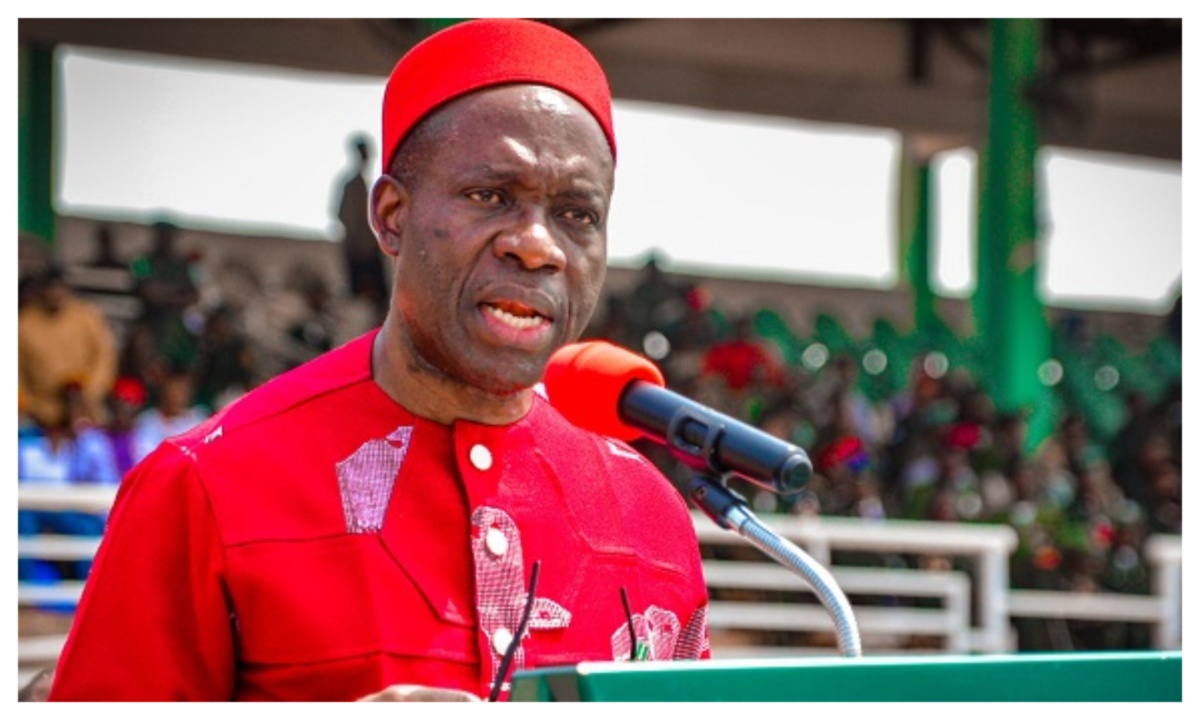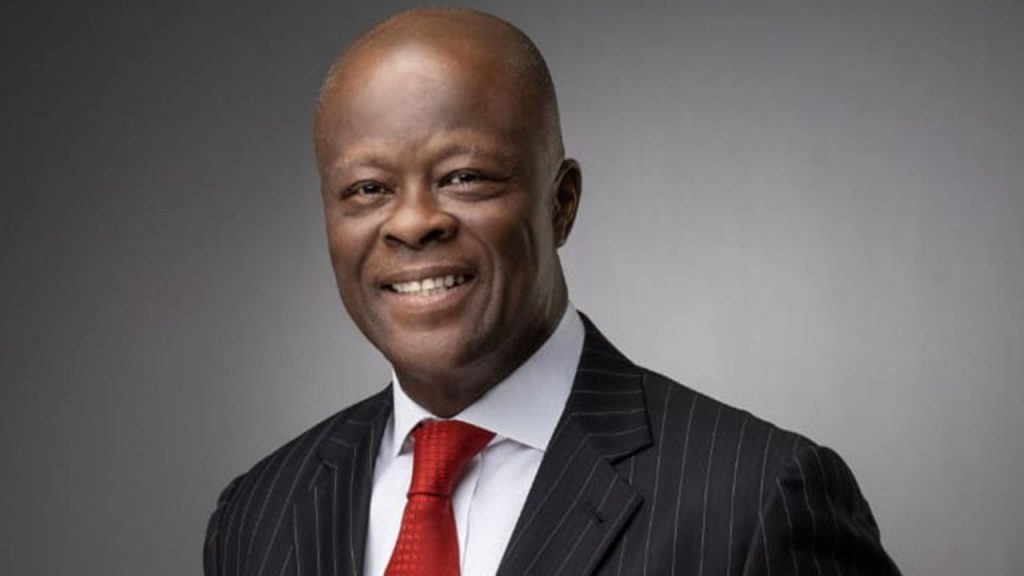The Federal Government of Nigeria has confirmed ongoing negotiations with the World Bank for a significant $1.5 billion budget support loan.
According to The PUNCH, this announcement was made by the Minister of Finance and Coordinating Minister of the Economy, Mr. Wale Edun, during a press conference at the World Bank/International Monetary Fund Annual Meeting in Marrakech, Morocco.
He revealed that just a few months ago, the Nigerian government had indicated its intention to reduce borrowing and focus on domestic resource mobilization to fund the budget and promote economic growth.
However, the $1.5 billion loan from the World Bank is set to be provided at a zero-interest rate.
Nigeria currently faces a debt burden of approximately N87 trillion. While the International Monetary Fund has deemed this level of debt “manageable,” it has highlighted concerns regarding the high interest payments.
Mr. Edun explained that the new World Bank loan will be directed towards financing development projects.
He stated, “There is no stigma attached to qualifying for the World Bank funding to help finance development.
In this particular case, it has long been in the pipeline, and we are hoping that the funding will come through soon.”
The Nigerian government is actively working to secure this financing, with a Federal Executive Council meeting scheduled to discuss this initiative, among other financing options.
Regarding debt forgiveness, Mr. Edun clarified that Nigeria is currently servicing its debt and does not qualify for debt forgiveness like Zambia, which is restructuring its debt under the IMF’s Common Framework.
The minister reassured that the administration led by President Bola Tinubu would adhere to its commitment not to engage in excessive borrowing, especially from the Central Bank of Nigeria.
He emphasized, “His commitment is to come within the limit for Ways and Means, which essentially means overdraft borrowing from the central bank.”
Furthermore, Mr. Edun affirmed that ongoing economic reforms are proceeding as planned and are regularly reviewed.
These reforms align with President Tinubu’s eight-point priority areas and focus on improving both oil and non-oil revenues, as well as optimizing debt service as a proportion of revenue.
Efforts are also underway to boost tax revenue, with a fiscal policy and tax reform committee inaugurated by President Tinubu in August, actively implementing changes and improvements to the tax codes.











